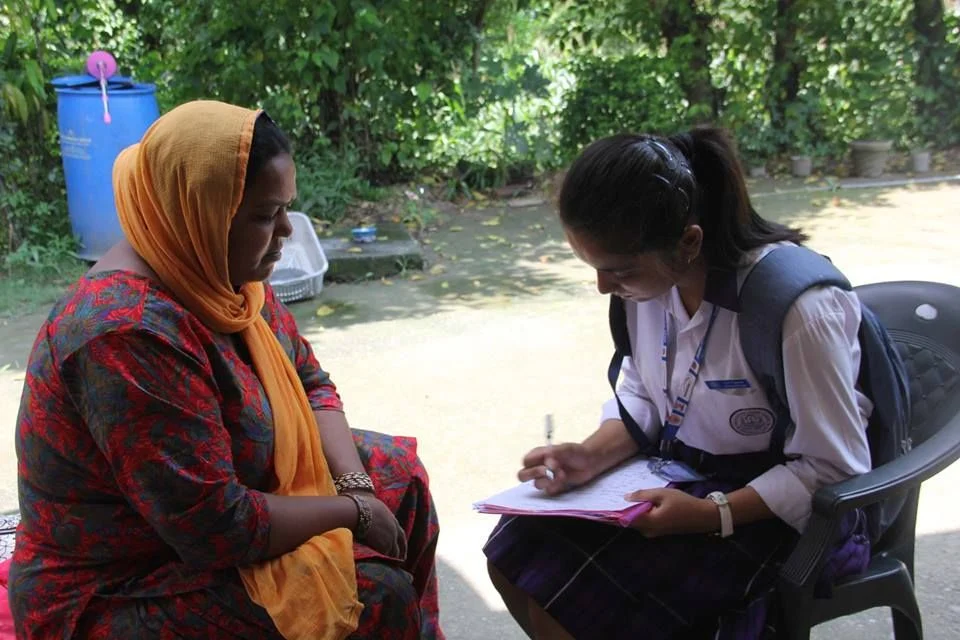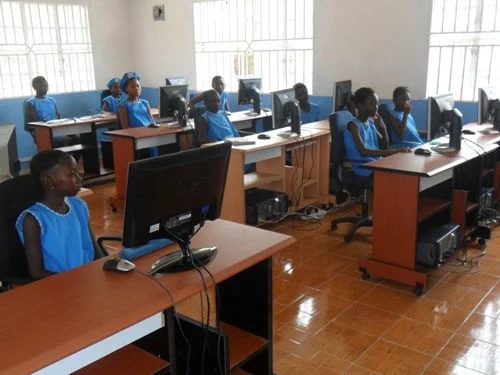In today’s data-driven world, social research shapes policy, development, and social change. Yet, not all research is created equal. Often, voices from marginalized communities are overlooked, and crucial data remains missing. Equity, inclusion and localization in social research ensure that studies reflect diverse realities, prioritize local knowledge, and empower communities to participate meaningfully.
This article explores five powerful insights on how researchers and organizations can embed equity, inclusion, and localization in their work and why doing so is essential for accurate, ethical, and impactful research.
Redefining Whose Voices Count

Historically, social research has centered perspectives of external experts, leaving marginalized groups invisible in the data. Women, youth, rural communities, and informal sector workers are frequently underrepresented. This lack of representation can result in policies that fail to address real needs.
Equity, inclusion and localisation in social research shift the focus from “what researchers want to know” to “what communities need to be heard.” For example, a health survey in rural areas that only collects data from urban hospitals will fail to capture maternal health challenges faced by women in villages.
Actionable Steps:
- Engage communities from the design phase.
- Use participatory methods like focus groups, community mapping, or co-created surveys.
- Ensure that research questions reflect local priorities, not only external agendas.
Key Takeaway: By amplifying local voices, research becomes a tool for empowerment rather than extraction.
Local Context Strengthens Evidence

Data without context can mislead. For instance, interpreting economic trends without considering informal livelihoods or seasonal migration patterns produces flawed conclusions. Equity, inclusion and localisation in social research recognizes that local culture, language, and social norms shape the way communities engage with research.
A notable example comes from development studies in West Africa: agricultural surveys initially overlooked women’s labor contributions because data collection tools were designed for male heads of households. Integrating local perspectives and gender-sensitive methods revealed a more accurate picture of productivity and labor distribution.
Actionable Steps:
- Employ local researchers or community advisors to guide methodology.
- Adapt surveys and instruments to local languages and literacy levels.
- Consider cultural norms in scheduling interviews, focus groups, or fieldwork.
Key Takeaway: Contextual understanding improves data quality and ensures research findings are meaningful to the people they intend to serve.
Partnerships Create Shared Accountability

Collaboration with local institutions, NGOs, and community groups is central to equity, inclusion and localisation in social research. Shared ownership ensures that the research process respects ethical standards and maintains accountability.
For instance, in participatory environmental studies, local NGOs co-manage fieldwork and data collection. This partnership ensures that research findings are credible, actionable, and directly relevant to the communities studied.
Actionable Steps:
- Identify trusted local partners early in the research process.
- Clearly define roles, responsibilities, and decision-making authority.
- Foster mutual learning: external researchers bring technical expertise, local partners bring contextual knowledge.
Key Takeaway: Partnerships transform research into a collaborative process that balances power, reduces bias, and strengthens outcomes.
Bridging Data Gaps Through Inclusion
Despite growing datasets, marginalized populations often remain invisible. According to UN data, women in informal economies, displaced populations, and indigenous communities are underrepresented in most social statistics. Equity, inclusion and localisation in social research prioritizes filling these gaps.
Innovative approaches include mobile surveys, community-led mapping, and local enumerators who understand community dynamics. By using these tools, researchers can capture previously invisible data while also building local research capacity.
Actionable Steps:
- Map data gaps before research begins.
- Employ technology thoughtfully mobile data collection, GIS mapping, or crowdsourced reporting.
- Train local enumerators to gather data ethically and effectively.
Key Takeaway: Inclusive research practices ensure that no population is left behind and that interventions are truly evidence-based.
Ethics and Transparency Build Trust
Ethical considerations are at the heart of equity, inclusion and localisation in social research. Communities must trust that their participation benefits them and that their privacy is protected. Transparency in methodology, data use, and findings strengthens credibility.
A practical example is feedback sessions: after research is completed, sharing results with participants allows communities to validate findings and see tangible benefits. This practice enhances trust and reinforces accountability.
Actionable Steps:
- Ensure informed consent is culturally appropriate and clearly communicated.
- Protect data privacy and confidentiality.
- Share findings with participants and involve them in interpreting results.
Key Takeaway: Trust and ethical integrity are non-negotiable for research that genuinely empowers communities.
Why This Matters
The lessons from equity, inclusion and localisation in social research are clear: research is only as valuable as the voices it includes and the context it respects. By redefining participation, embedding local knowledge, forming equitable partnerships, bridging data gaps, and upholding ethical standards, researchers can generate insights that are accurate, actionable, and just.
Partnering with Insight and Social will help organizations embed equity, inclusion and localization in social research in every step of the process, ensuring that your research amplifies local voices and closes critical data gaps.





